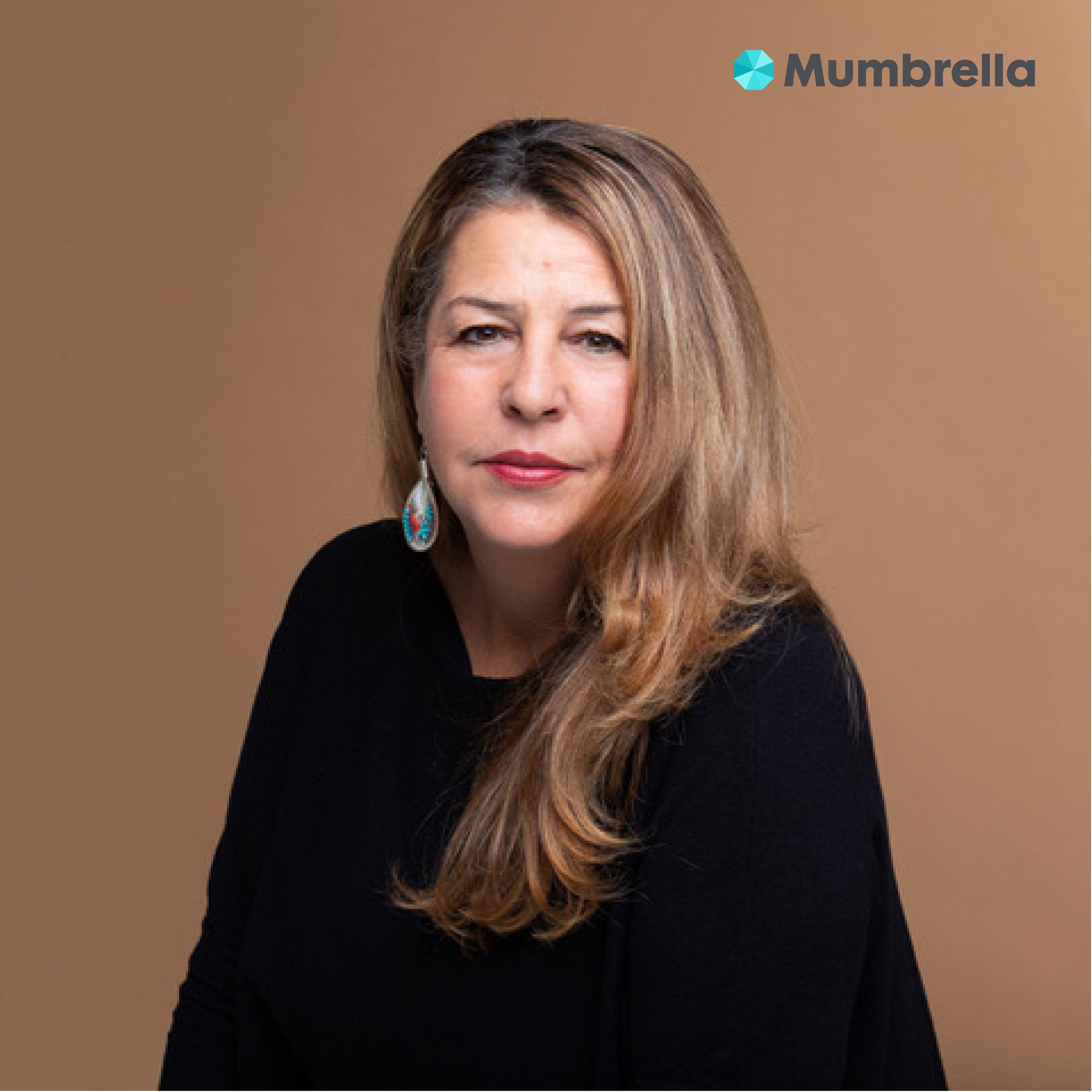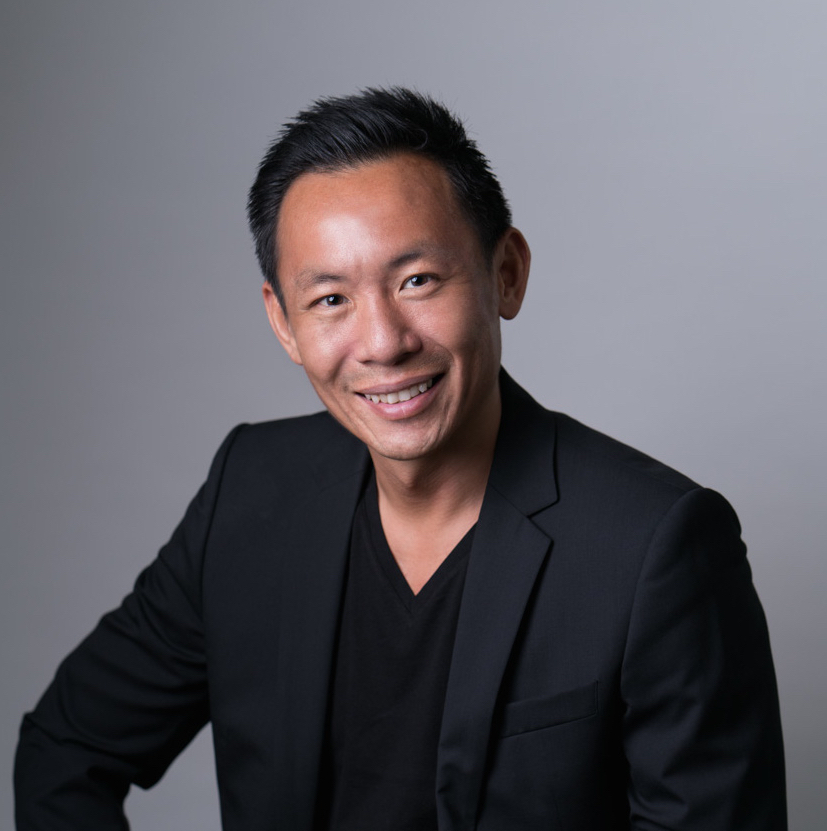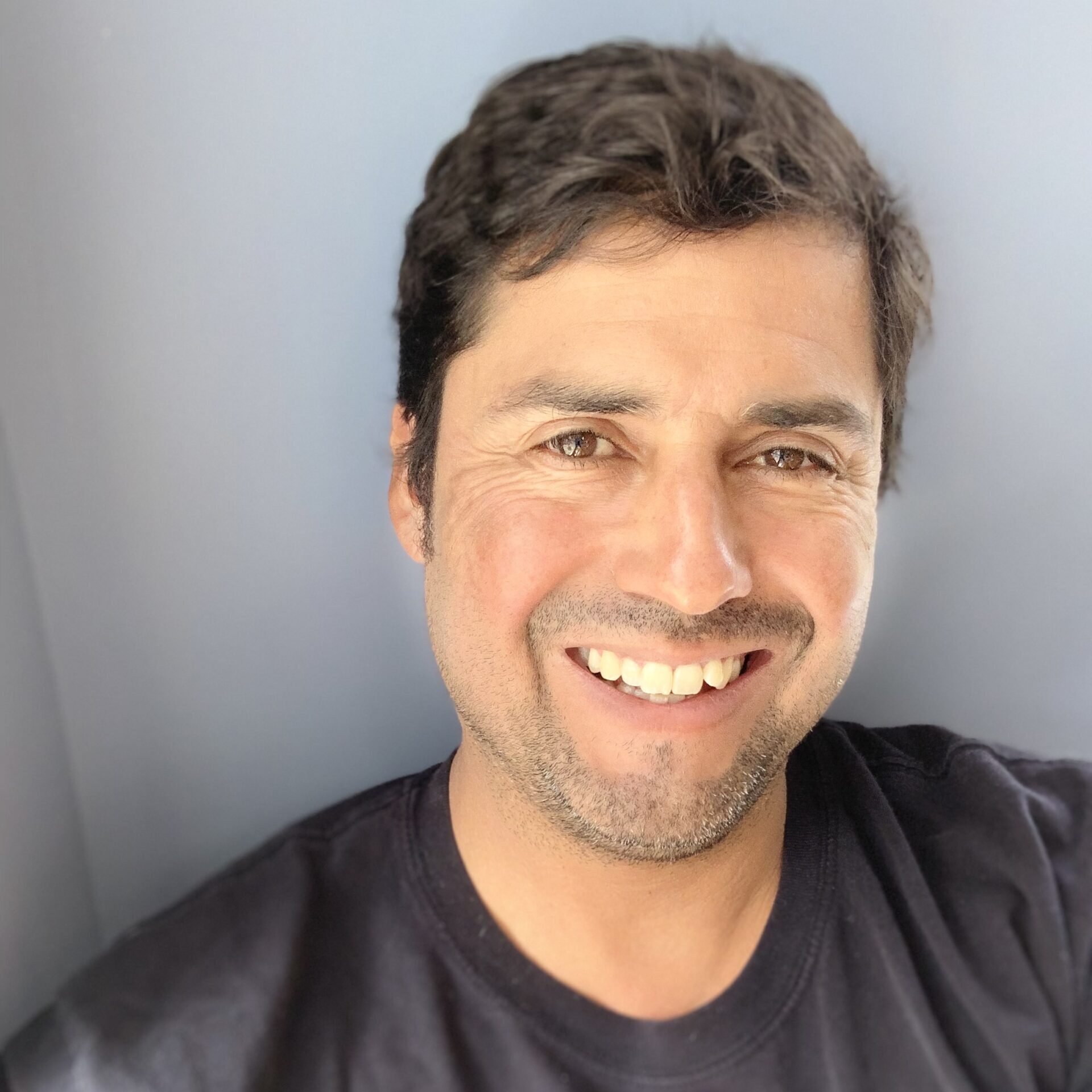
In Conversation with Martin Karaffa

Martin Karaffa helps brands and organizations harness the power of cultural forces to develop a global strategy. He’s an independent brand consultant based in Munich, as well as being an Associate Partner at Hofstede Insights in Helsinki, and an Intercultural Communications Consultant with the UN in New York.
He’s worked as that rare creature, a global planning director. Even more exceptionally, he did it for almost two decades. First, at JWT in New York for Pfizer Consumer/Johnson & Johnson brands, and then at BBDO in Munich, where he was responsible for Daimler brands including Mercedes-Benz.
Before both of those postings, he was a senior director in planning at JWT Tokyo, where he was on the team that kicked off the Kit Kat phenomenon when it began in the early 2000s. His client experience is broad, including brands for Ford, Unilever, Nestle, Diageo, Vodafone, Citigroup, Prudential, Mattel, Kellogg, BMW, Suntory, Hewlett-Packard, and more.
How did you start in the advertising industry?
Hunger drove me here. After graduating with a degree in Linguistics from Adelaide, I enrolled in law school for family reasons. But it was torture. I knocked around in odd jobs on the side, many of which I really enjoyed; working in department stores, good honest manual labor, grape picking (hard work), TEFL (I considered this as a career), even answering the phone for an undertaker. Undertakers really know how to party.
I applied for the very first AFA Traineeship in Melbourne in 1981, and didn’t quite make it. After another year of odd jobs, I still found myself searching for the right career, and applied in 1982. The selection committee interpreted this as determination, resilience, and passion for the industry—in truth, it was a little more pragmatic. Maybe they liked the glowing reference I got from the undertaker. They assigned me to USP Needham, which later became DDB.
In those days, a trainee rotated through every agency department. I hit the creative department, and stayed. Ten trainees started with me; we matured a great deal as we moved through our professional lives, and several of us stayed in touch. I still count these classmates among my firmest friends.
How did you become a Global Planning Director? Was it by accident or design?
Very little in this industry happens by design. It used to annoy me when job interviewers asked the old chestnut: Where do you see yourself in five years time? I never gave the actual answer, namely: In five years time, I see myself taking advantage of opportunities which right now, neither you nor I, can possibly forsee. That may sound odd coming from someone whose job title often includes the word planning. But the truth stands: the best plan is to stay open to opportunity. And so it was. When I challenged too many briefs as a copywriter, the agency said OK, I suppose you could do better? My first international posting came from simply being visible in the network; the Tokyo office needed someone in a hurry, and they asked around. The next two postings, I’ll admit, were more deliberate. Both the management of the agencies, and myself as a candidate, took more time to evaluate each other. But the principle stands.
My move to Munich was a case in point. I was working in New York, and fully expected, as an American citizen, to pursue my career there long term. But I’d fallen in love with a Japanese man, in the days of DOMA and DADT. After doing it long distance for two years, we both began to look for jobs in places that recognized our relationship. And you know what? The next step, to Munich, worked out better than I ever could have hoped. Or planned.
Would I have got here if Cupid’s arrow hadn’t dealt out a random ping? Ya never know.
What was it that made you go out on your own, ultimately?
As a consultant, I can do more of what I love, and what I’m good at.
Let’s take brand strategy. It’s among my favourite disciplines as a practitioner, and I think I add a lot of value. A good, stable brand doesn’t reinvent its strategy with every brief. Unless something extraordinary happens—like you’re Nokia and your competitor invents the iPhone—you don’t reinvent your brand too often. In an agency, the opportunity to do genuine brand strategy is limited to once every several years for each of a handful of clients. As a consultant, I’ve had a chance to get my hands on more brands, more often.
Further, as a consultant, I can apply my skills over a wider range of disciplines. I’ve done a great deal more innovation and NPD work, as well as things I could call PR and reputation management. I can get deeper into consumer insight. I’m not limited to my employers’ core discipline or scope of engagement.
Bonus: I own the rights to any intellectual property I create.
What’s been the biggest challenge of your career?
Managing.
No, not managing others. Managing myself.
Right now, I’m looking at an email from my bookkeeper, the title of which reads Q1 VAT. I shudder to open it since I know it will contain a request for bank statements, receipts, and invoices.
Over the years, I’ve had many performance evaluations. They never changed. Great job, they’d say, but you need to focus on time management. I used to add a line to my timesheets that read “timesheets”.
Since going out on my own, time management is even more crucial. I’d much rather spend time doing what I love than doing paperwork. But I grit my teeth and get it done. Most of the time.
Name one person in the industry you’ve truly admired?
Only one? I’ve met scores of brilliant, talented, smart people over the course of my career.
I admire pretty much every intern that has reported to me. To call out anyone or more would slight the others, so I won’t mention names. But they brought diverse talents to our team, and their insights proved a personal inspiration to me. They came from a wide range of backgrounds: in age, ethnicity, personality, and more.
Several went on to found startups. Some took their analytical skills into finance, blockchain enterprises, and psychological research. One reached the global board of an agency network. Some turned to creative pursuits; music journalism, content creation, and even furniture design. The level of numeracy of our interns astonished me; yes, we recruited for a willingness to engage with numbers, but even those without a statistical background took to it with gusto. Only two currently work in the business. Ironically, they are perhaps the calmest, most unflappable, and most organized of all our ex-interns.
I went on many an intellectual adventure with them, and count all as lifelong friends.
If you could change one thing about the industry, what would it be?
The ageism of the industry is breathtaking. Right now, my youngest client is in her late twenties, and my oldest client is in her mid-seventies. In each case, we treat each other as peers and equals. No big deal. I wish I could say the same within agencies.
Nobody questions, say, my digital or social media chops when I work directly with a client. They don’t demand that I be a so-called “digital native”, when it’s obvious that I’m a fully assimilated digital immigrant.
I’ve just spoken with one of the world’s foremost cool-hunters, on whose every word clients hang. He’s 69. How much would he be valued in an agency? You know the answer.
In one position, every time I said hang on a minute, that’s not right, I could count the nanoseconds before my boss chose to have yet another friendly little conversation asking when I was going to retire. A strongly argued position from a younger exec will be interpreted as passion or commitment; from an older exec, it will earn other adjectives. Inflexible, obstructionist, difficult, out-of-touch. And let’s not forget grumpy.
Do these comments about ageism make me sound like a grumpy old man? Good. I don’t give a rat’s, as we used to say in the 70s.
Name three essential things someone starting out in advertising should know from day one?
Your personal life comes first
Your personal life comes first
Your personal life comes first
Share it around…






